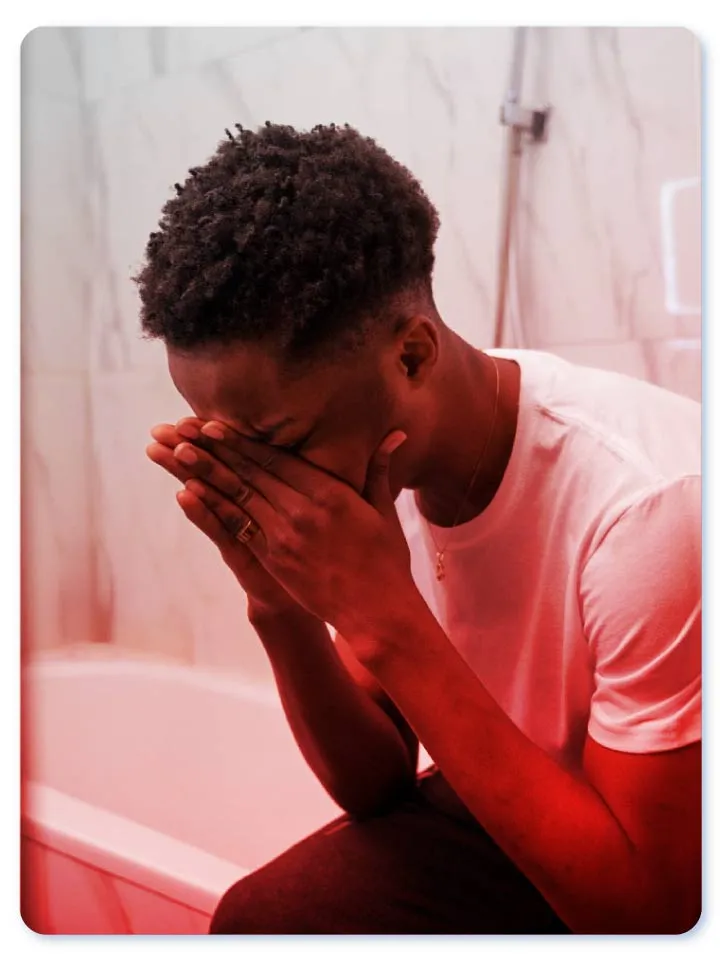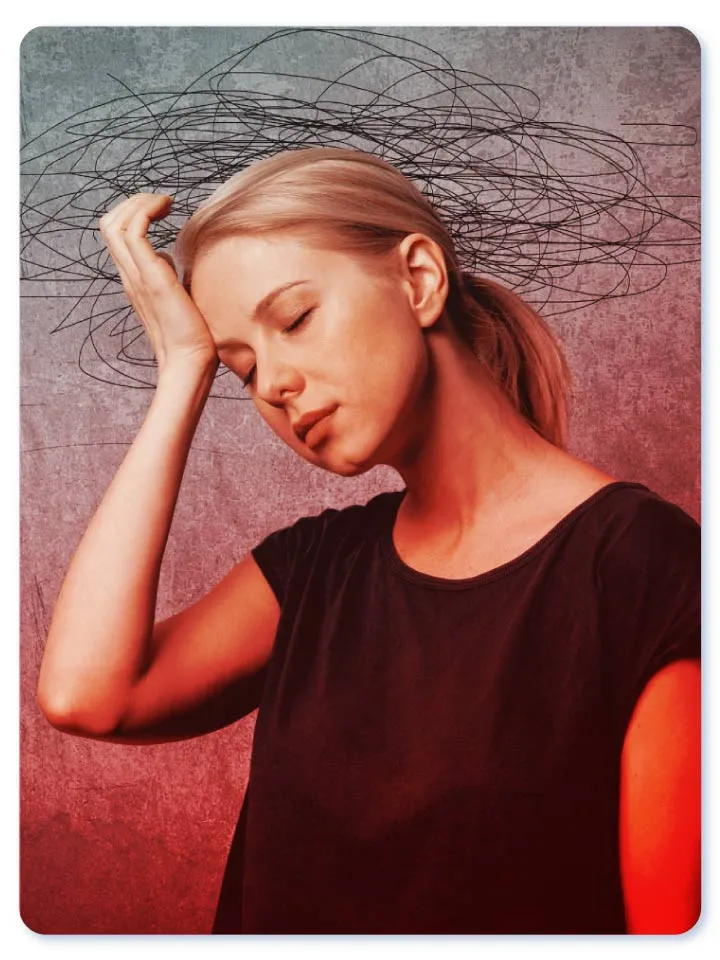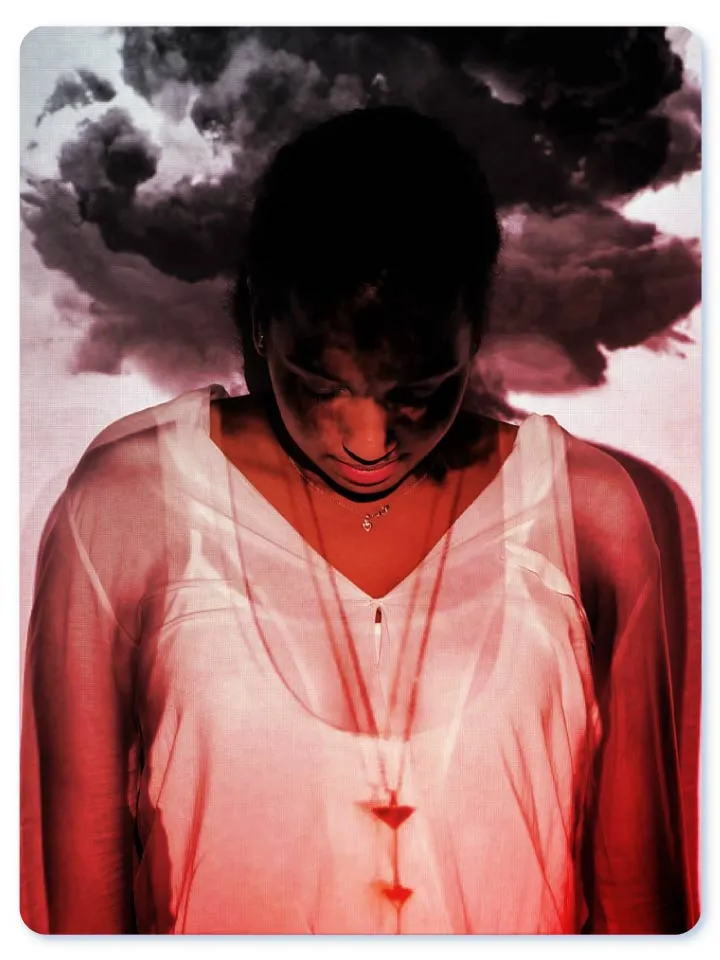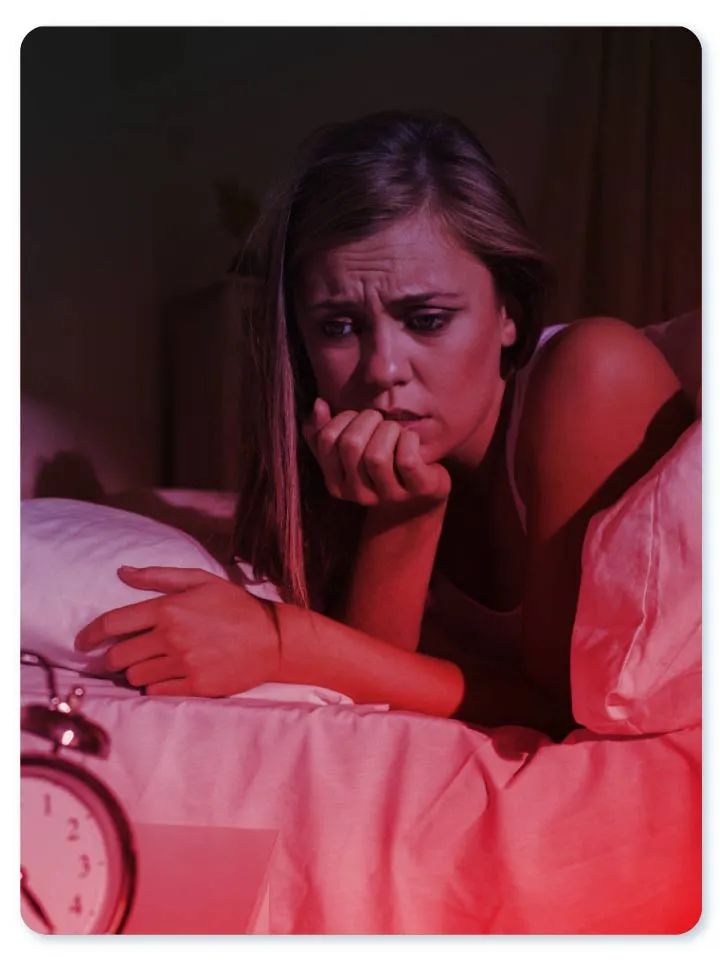Phobia Disorders
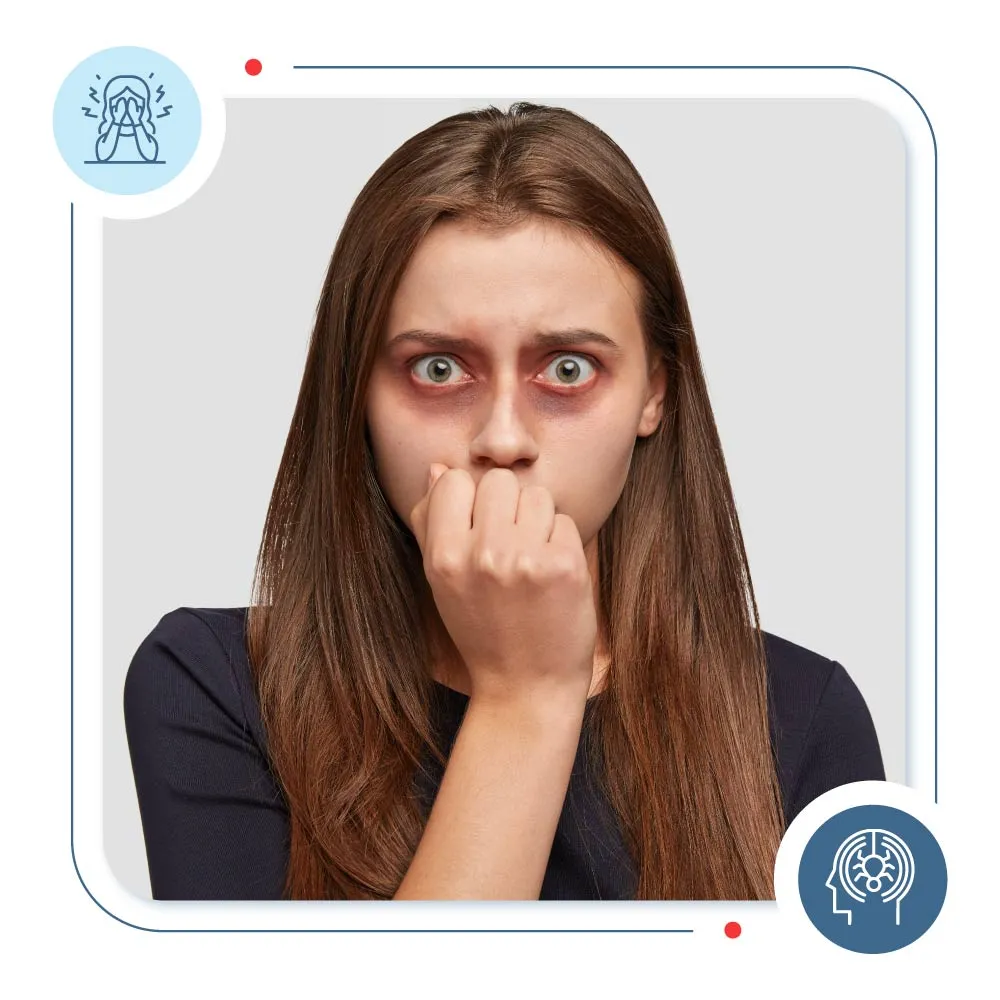
What are Phobia Disorders?
Phobias, also called phobia disorder, is a type of anxiety disorder that makes you experience overwhelming and irrational fear of a particular object or situation that is not harmful or dangerous otherwise. It negatively impacts your daily life and social interactions, causing extreme distress.
Interestingly, the National Institute of Mental Health NIMH labels phobias as one of the most common mental illnesses in the US. Phobias affect 12.5% of American adults at some point in their lifetime.
Mid Cities Psychiatry brings you comprehensive treatment modalities to treat phobia disorder in Euless. Please schedule your appointment with our experts and reshape your future positively.

Phobia symptoms
Phobia symptoms vary greatly depending on the phobia type. When you’re afraid of some situation or object, it activates your autonomic nervous system, which triggers a “fight or flight” response that results in the following physical effects:
- Racing heart with chest tightness
- Difficulty breathing or a sense of choking
- Shaky hands and feet
- Getting excessively sweaty
- Cold clammy skin or hot flushes
- Lightheadedness or becoming dizzy
Additionally, you’re likely to have several emotional and behavioral effects too that including:
- Intense terror, sometimes precipitating a panic attack
- Feeling completely helpless
- Unbearable need to escape the situation
- Sense of detachment from reality
- Going all out to prevent a phobic situation
- Unable to focus on work
- Extreme distress affecting daily life and relationships
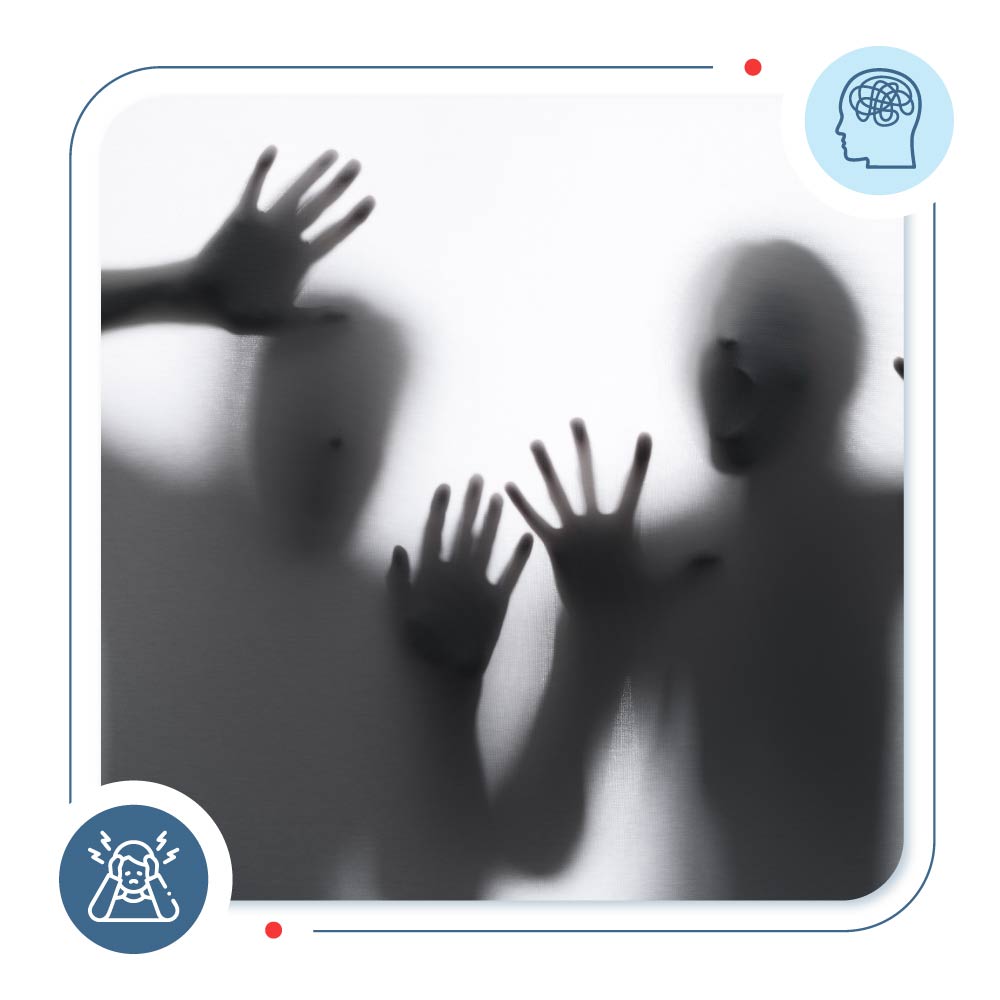

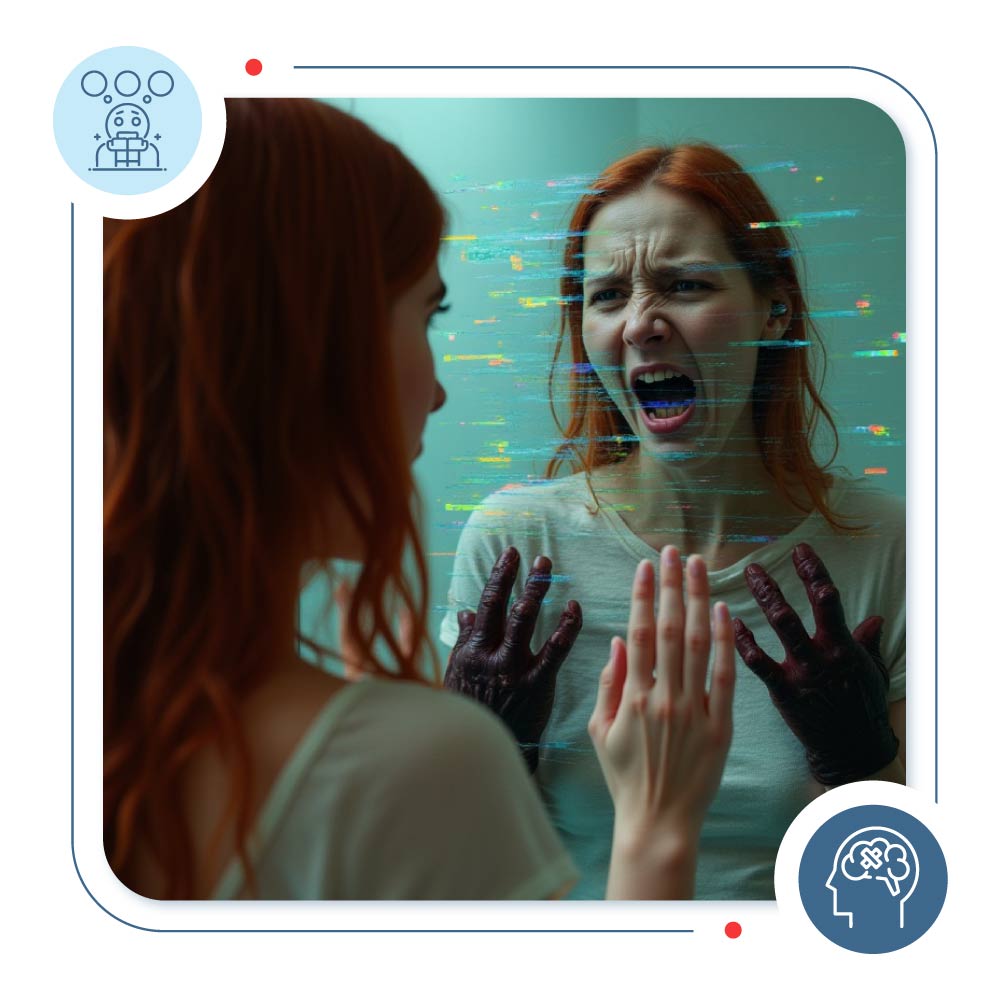
Phobia Causes
Phobias are not simply caused by a single factor; rather, it’s a result of the complex interplay of various factors.
- Having a 1st-degree relative affected by phobias genetically predisposes you to become phobic.
- Imbalances in certain chemical messengers in your brain can cause phobias, such as serotonin or dopamine, which regulate mood and fear responses.
- Traumatic events, frightening experiences, or even childhood trauma likely trigger a phobia.
- Modeling observation is when a child learns to fear a specific object or situation by observing adults who are fearful of it.

Types of Phobias
The Diagnostic and Statistical Manual of Mental Disorders, Fifth Edition, categorizes all phobia types into 5 main categories.
Agoraphobia
This phobia is triggered when you find yourself helpless or unable to escape from a situation or place where you might experience panic attacks or other embarrassing symptoms. Such situations often include crowded public places, transportation, shopping malls, etc.
Social anxiety disorder (social phobia)
This type of phobia provokes extreme anxiety and apprehension while interacting socially, which makes you avoid communicating with others. Social phobia stems from the fear of being judged, scrutinized, or criticized by others.
Specific phobias
This category encompasses the most common type of phobias you encounter. These phobias are triggered by some specific object or some situation that is otherwise benign. Specific phobias can be of:
- Animal type: fear of animals like spiders, snakes, or dogs
- Natural environment type: you get terrified by some natural component or situations, such as heights, water, or storms
- Blood-injection-injury type: this type of phobia is specifically related to medical procedures, sight of blood, or injuries
- Situational type: intense fearful response to some specific situations that are generally non-threatening, e.g., enclosed places, flying, driving
- Other types: phobias which cannot be grouped within any specific category, such as severe fright of clowns or loud noises
Treatment of Phobia
Mid Cities Psychiatry offers you all sorts of therapies needed to manage phobia disorders in Euless. Whether you have the commonest or the rarest form of phobia, our expert team of professionals has got you covered.
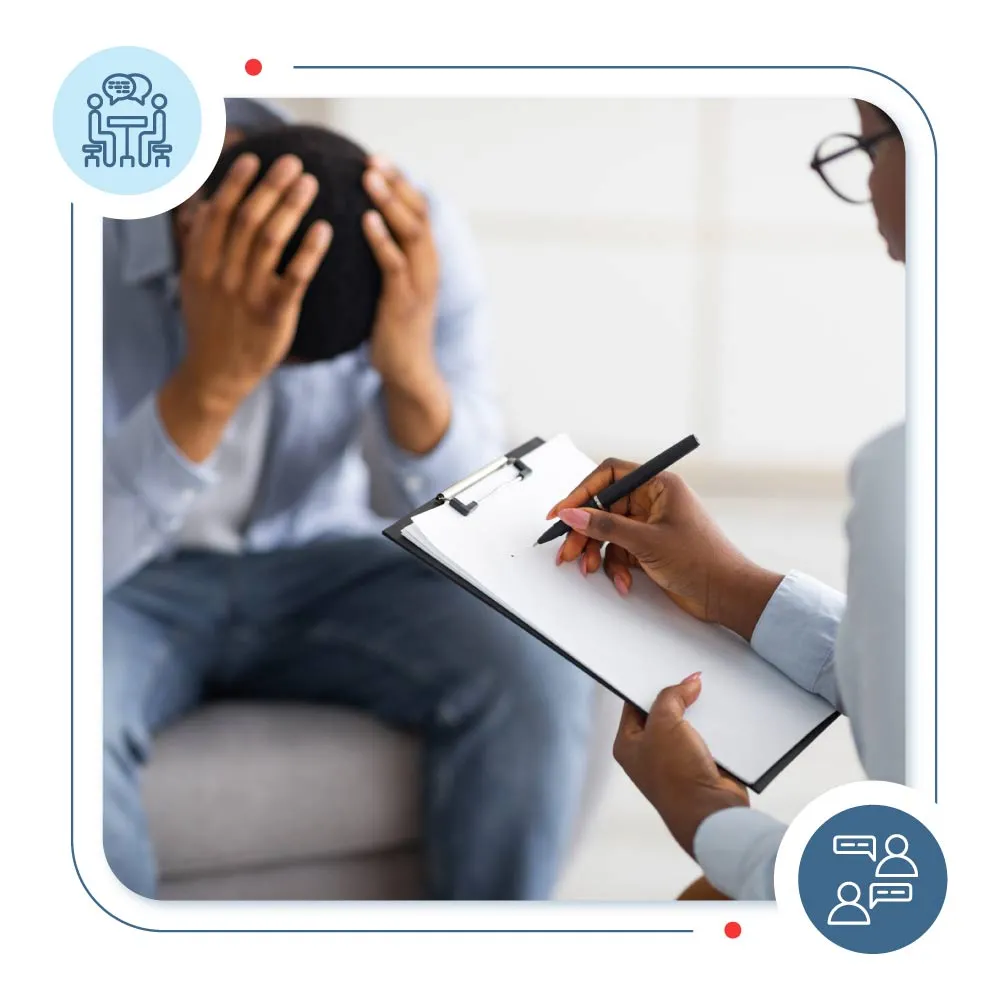

FAQs
01
What are some phobia health risks?
Not treating your phobias leads to a higher risk of long-standing anxiety, which results in various health issues such as disturbed sleep patterns, headaches, weakened immunity, as well as hypertension and cardiovascular disease. You may also end up suffering from depression, social detachment, and substance dependency issues.
02
What is the most common phobia?
Research does not point to a single top phobia affecting the worldwide population, due to demographic differences among populations, genders, and age groups. A combination of sources identifies arachnophobia or fear of spiders as the most commonly experienced phobia.
03
Are women more prone to phobias?
Yes. Studies demonstrate that females are at a higher risk than males of phobia disorder, by two to three times of phobia disorder.
04
How can I stop my phobia from triggering?
The prevention of your phobia trigger may be out of your control, but you can effectively manage its symptoms. Your first step should be to recognize the triggering elements as well as the emotional and physical responses they cause. Remember that your phobic thoughts do not match reality. Seeking professional support is always beneficial as it can direct you toward effective therapeutic alternatives.
Real Stories, Real Recovery





We provide a comprehensive care provision for the most common mental issues people struggle with, such as PTSD, ADHD, OCD, anxiety, depression, sleep disorder, schizophrenia, and numerous other mental health conditions.


